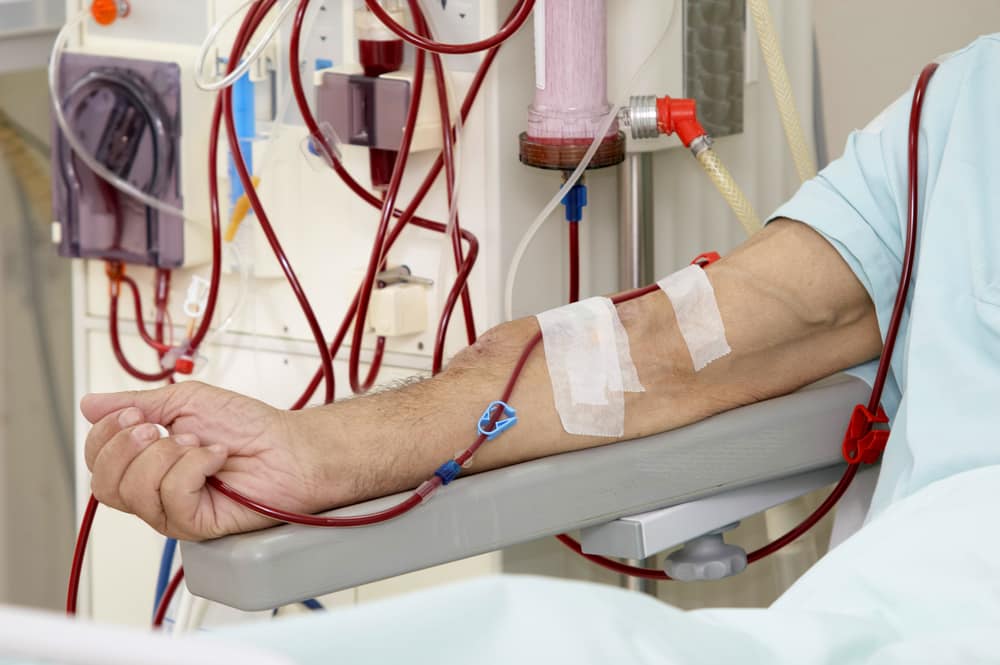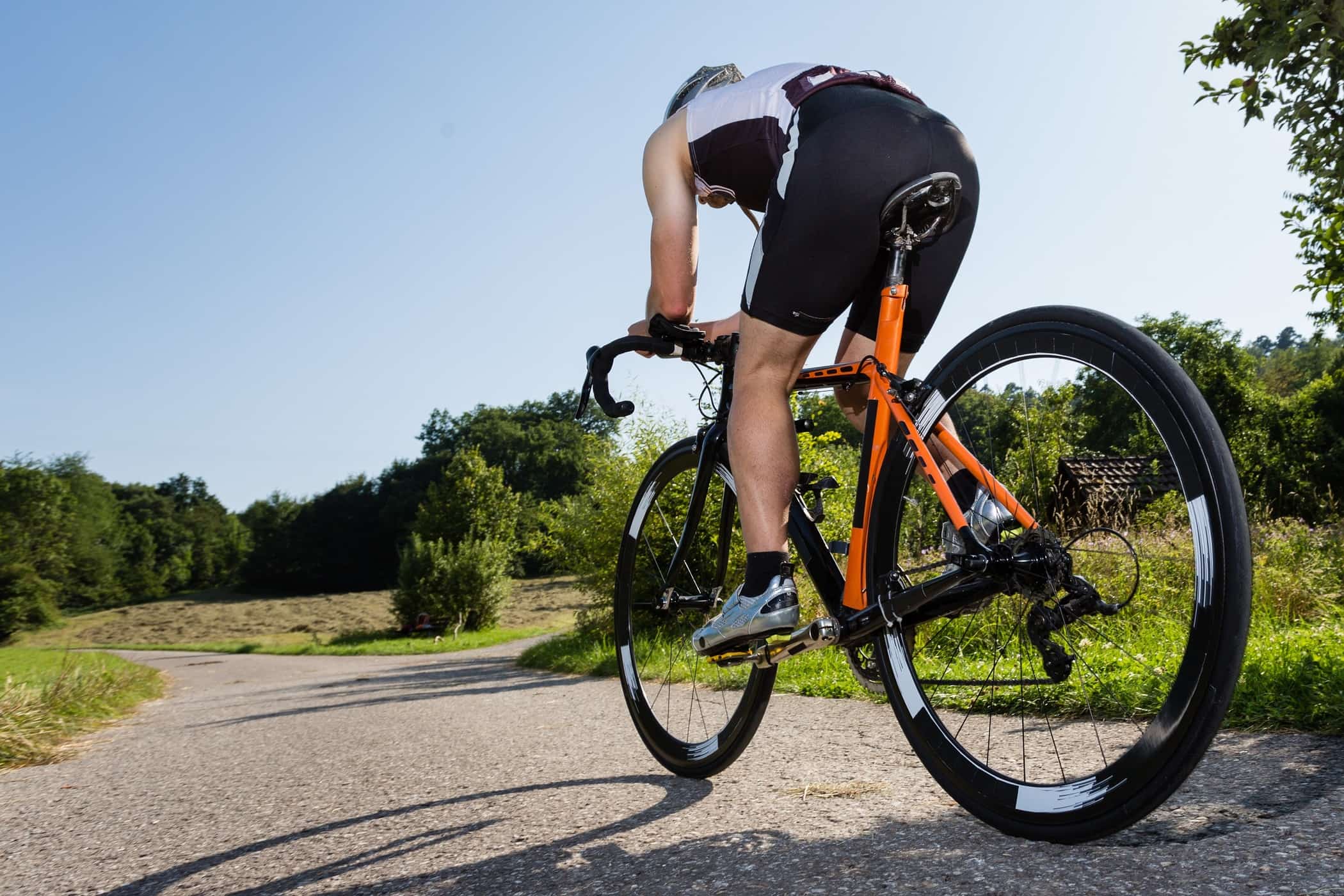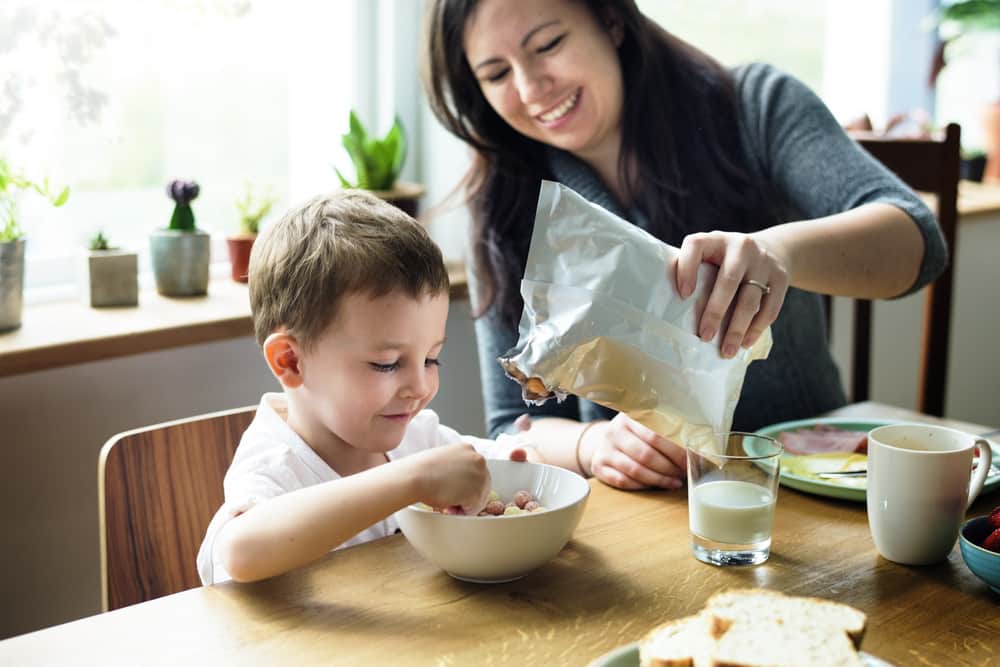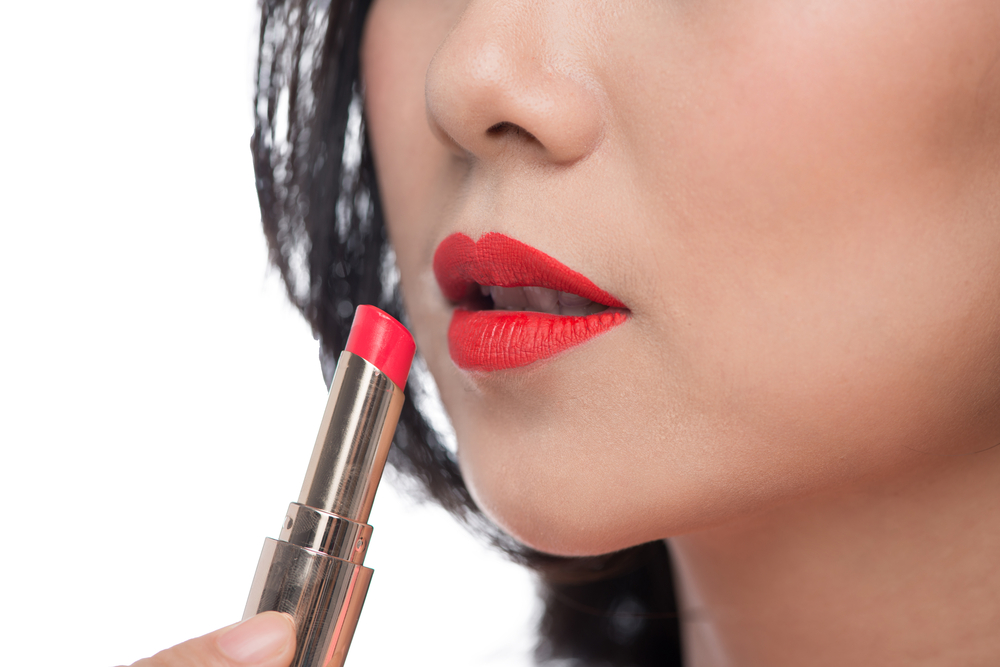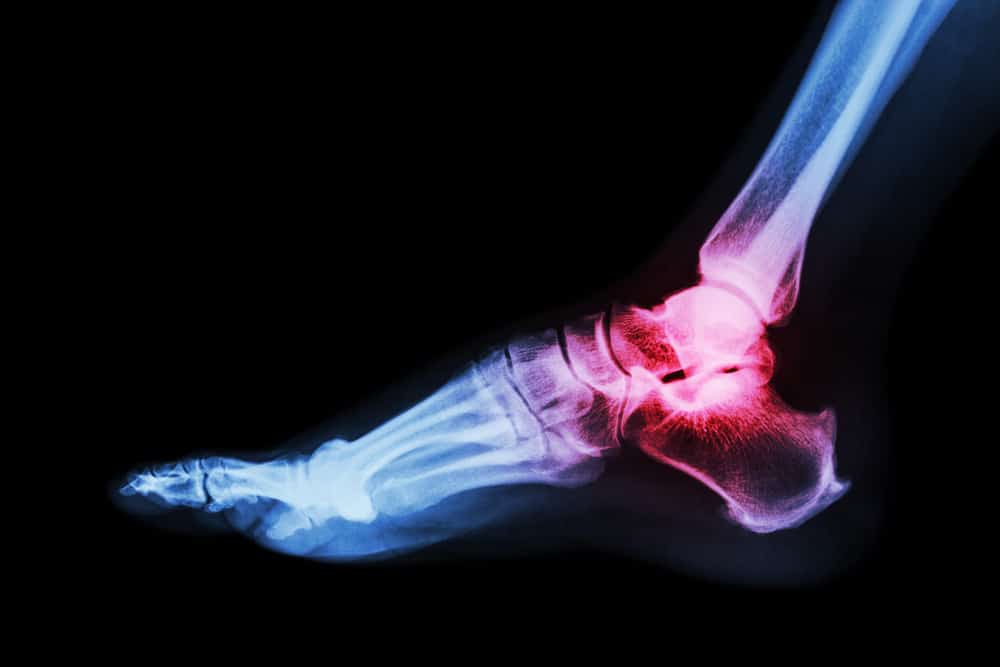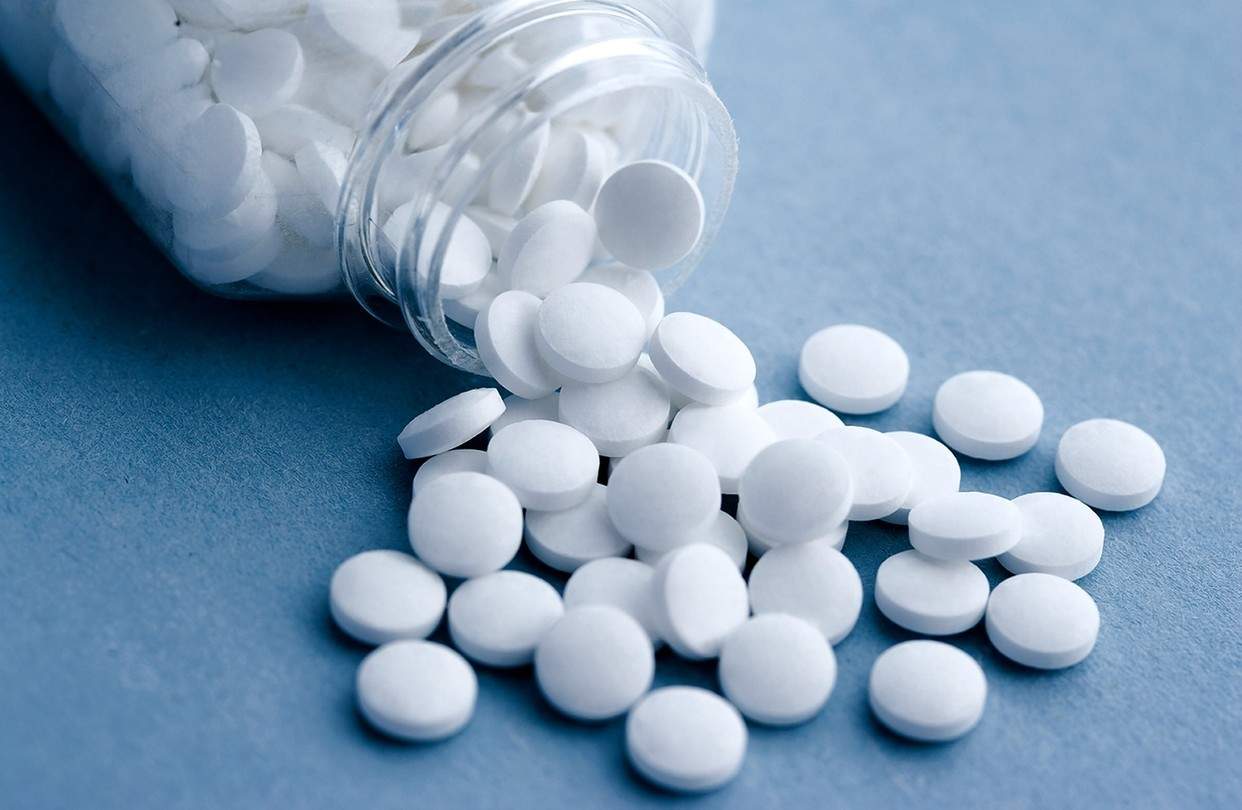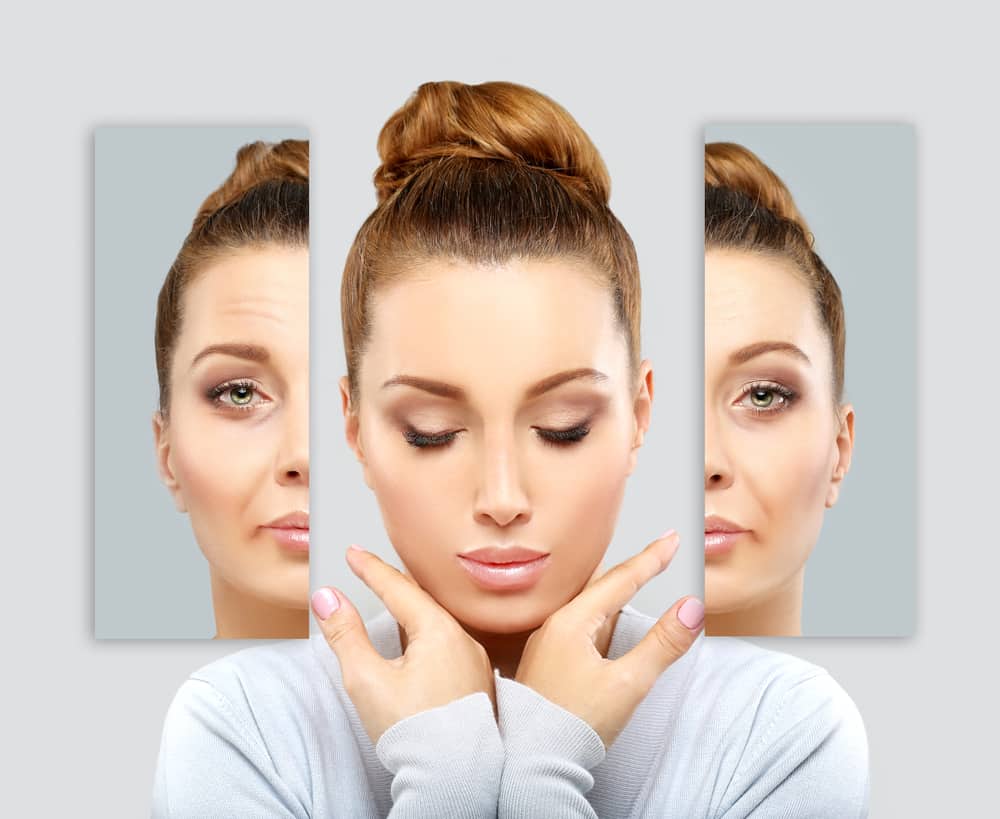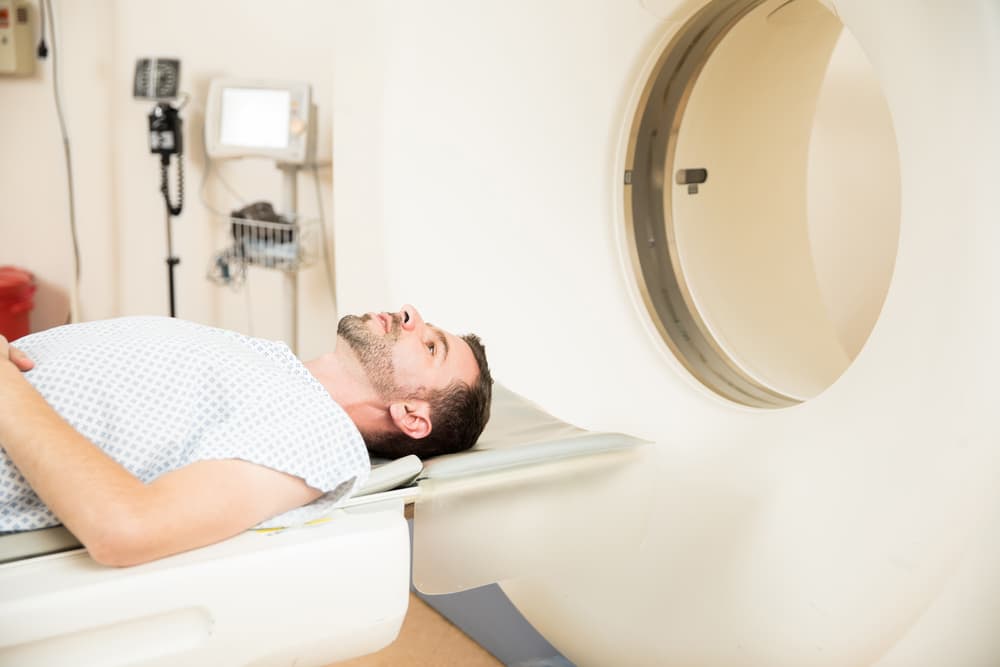Contents:
- Medical Video: Detecting Fake Drugs
- What is fake medicine?
- How do you recognize the characteristics of fake drugs?
- 1. Make sure you buy medicine at a pharmacy, not at a drug store
- 2. Pay attention to the drug packaging
- 3. Check the drug expiration date and distribution permit
- 4. Tablets are easily destroyed
- What are the risks of taking fake drugs?
Medical Video: Detecting Fake Drugs
Surely you often buy medicines, ranging from medications for minor ailments to medications for serious illnesses. But, does the medicine you buy have guaranteed quality? Every time you buy medicine, do you always check the authenticity of the drug? Be careful, many fake drugs are circulating right now.
What is fake medicine?
Before discussing what are the characteristics of fake drugs, you should first understand what is called a fake drug. In fact, this drug can be very similar to the original drug, but it has of course different qualities.
According to the United States Food and Drug Administration (FDA), fake drugs are drugs that are sold using the product name, but do not have clear permits. This can apply to brand names or generic products, where the identity of the source is misinterpreted in a way that indicates that the drug is a product that is approved in the original.
Some aspects that can be called fake drugs are:
- Drugs that do not contain active ingredients
- Medicines with active ingredients, but in low amounts or in very excessive amounts
- Medicines with different or improper active ingredients
- Medicine with fake packaging
READ ALSO: Is it true that you don't have to drink milk?
How do you recognize the characteristics of fake drugs?
Secretly, it turns out that many industries on a large scale deliberately produce fake drugs, of course with the aim of making a profit. To combat this, BPOM routinely supervises drugs circulating in Indonesia. Even though BPOM has conducted supervision to eradicate this abusive drug circulation, you as a consumer must also be smart in recognizing it.
Here are some tips for recognizing fake drugs:
1. Make sure you buy medicine at a pharmacy, not at a drug store
The drugs sold at the pharmacy are guaranteed more authenticity. Although the drugs you buy include mild medicines to relieve a cold cough or to get rid of dizziness, you should still buy it at the pharmacy. Do not carelessly buy drugs.
2. Pay attention to the drug packaging
Is the medicine packaging damaged? Is the medicine packaging still well sealed and there are no changes to the product packaging? You must be observant before deciding to buy the drug. Sometimes, fake drugs are sold without using packaging and do not include labels. No matter how small changes or differences in drug packaging, you must suspect it. Remember, fake drugs can be very similar to original drugs.
3. Check the drug expiration date and distribution permit
Counterfeit drugs usually include an expiration date that can be distinguished from the original drug, for example the printed expiration date is difficult to read, the expiration date is simply pasted or replaced with pen writing, or does not even include an expiration date. The expiration date can also be in the form of a stamp. This fake stamp can easily lose ink when rubbed. In addition, also check the drug distribution permit. Counterfeit drugs usually do not have marketing authorization. However, fake drugs can have a disability compared to the original drug if carefully considered.
READ ALSO: Don't Throw Medication Out of Time! This is the right way
4. Tablets are easily destroyed
As quoted from the health.detik.com page, according to the former Director of Therapeutic Product Distribution Supervision and BPOM Household Health Supplies, Drs. Roland Hutapea, MSc., Apt., One of the characteristics of fake drugs is that drug tablets are easily destroyed. Usually the manufacturers of fake drugs are not concerned with quality, so the drugs are made carelessly. As a result, drug tablets are fragile and easily destroyed. The quality of this drug is below the standard and most likely false.
If you find one of the characteristics of the fake drug, you should refrain from buying it and immediately report this to the POM.
When buying drugs, you should remember these 5 things:
- Original medicine produced by the pharmaceutical industry with a clear address
- Have a distribution permit number
- Has an expiration date (expired date) clear
- Have a batch number and other product identity
- Obtained from authorized drug sellers, such as pharmacies, hospitals or health centers, licensed drug stores for over-the-counter or free drugs
What are the risks of taking fake drugs?
Taking fake drugs certainly has its own risks. The quality of the drug that is not the same as the original drug or maybe the drug has expired causes the person taking the fake drug to suffer a loss. Although the price may be cheaper than the original drug, fake drugs can have a negative impact on health, as reported by BPOM, namely:
- Counterfeit drugs can cause interference with the stomach, bloodstream, liver and kidneys. In addition, fake drugs can also cause allergic reactions to drugs, as well as bacterial resistance.
- People who take fake drugs can make the disease worse and can even cause death.
READ ALSO: All-round Plasebo Effect (Empty Medication)


